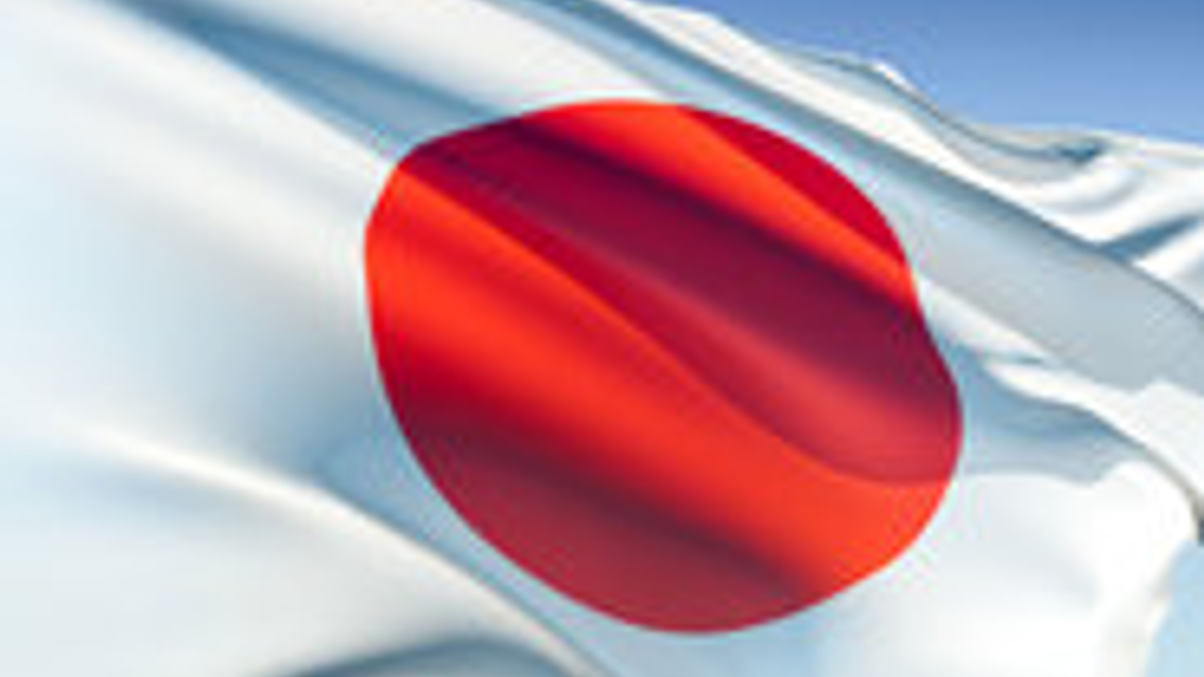Investors turn positive on Japan in marked change
Commentators look favourably on domestic stocks due to economic revival and the end of deflation, combined with a drive to enhance corporate value, hears an AsianInvestor forum.

Investors and commentators have turned positive on the outlook for Japanese equities due to economic resurgence and the end of deflation, combined with a domestic drive to enhance corporate value, an AsianInvestor forum heard.
Sign in to read on!
Registered users get 2 free articles in 30 days.
Subscribers have full unlimited access to AsianInvestor
Not signed up? New users get 2 free articles per month, plus a 7-day unlimited free trial.
¬ Haymarket Media Limited. All rights reserved.


